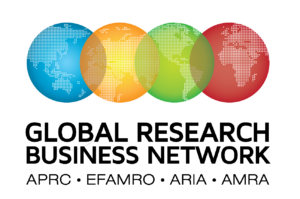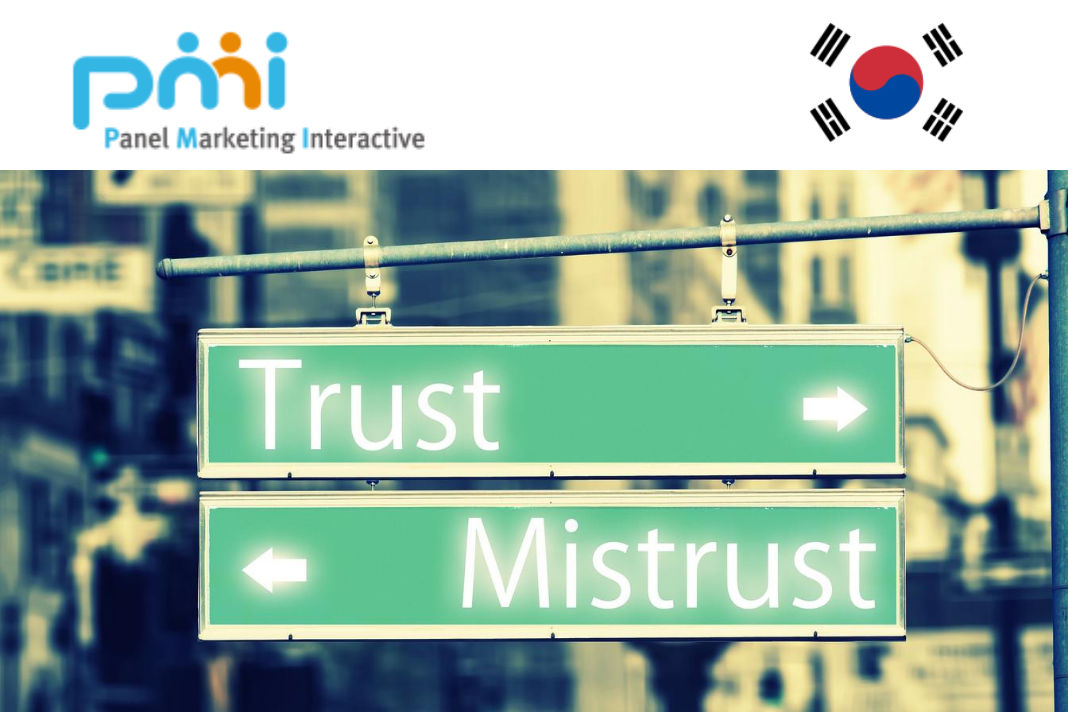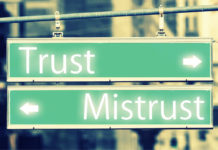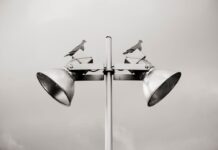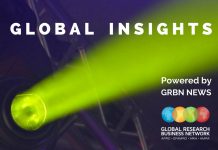Generally speaking, the levels of Trust are based on expectations. Professors such as Barber also argue that the degrees of Trust may vary with universal expectations for the preservation and performance of the natural order or ethical social order, and with exceptional expectations more specifically paying attention to the roles or responsibilities of a human being in social relationship perspective.
Amongst these universal expectations, we must point out that the universal standards of Koreans for the level of Trust are very high. In other words, we can say that Korea has a strong critical tendency compared to other countries. In fact, this critical-oriented mind has been a driving force of economic growth because this tendency of critical thinking requires endless improvements. Nonetheless of constant endeavors of the Korean society to raise the Trust level in many sectors, it appeared to be true that most Koreans do not perceive the consequences to equal to their standards of universal level of Trust.
To start with, the Trust in government and public institution, and the police in particular, are shown very low.
This lower trust level in police seems to have the similar understandings from an annual survey conducted by The Anti-Corruption & Civil Rights Commission (ACRC), the Integrity Index 2019. It reports the 42% of respondents, 14.1% year-on-year increase, believe that there is corruption in the police sector, and also describes significant increases in ‘Corruption rate’ in all industry sector.
Additionally, there had been numerous controversies over the accuracy of the public election polls despite the short Election history in Korea. As such, I’d say that there is also a much room for advancement to the existing research methodology that are taken root as a habitual in our society.
Improvements in integrity of the government and police organization and its members through reformation of their perception to ensure fairness and accuracy, are required in order to increase the Trust in society overall. In the same line, a constant and everlasting development on both technical and methodologies in the political circle, the press, polling agencies, and academia strive is needed, in order to improve the accuracy of public polls to maintain the importance of their outcomes.
Consumers’ Trust in specific companies is based on their “Expectations” that these companies would manufacture them high-quality products, which will further encourages the consumers to imagine the quality of the products or shape their attitudes towards products. Yet, it seems to be insufficient to eventually meet these consumer expectations in the marketing practice of image construction performed by the enterprises.
Moreover, the survey carried out by PMI of the impact of CSR activities on brand value in Korea proves that consumers showing higher interest in not only product functions but also company’s moral aspects including social reputation of the brand, business ethics, and other possible ethical elements of the company. This survey reports that 82.8% of the respondents mentioned that the company’s social reputation can affect their purchase intention. Furthermore, 87.3% believes that companies’ various activities to solve social problems should be taken into account for corporate evaluations. Namely it can be stated that if the corporate evaluations based on their CSR activities increase, contribution of corporates to the enhancement of Trust in society is also expected.
As our society as well as each sector continue to undergo for an unceasing self-reflection, problem-recognizing, and continuous investigation activities aiming for improvements, the Trust in every individual levels will ultimately reach at the high “Expectation level” of their people.
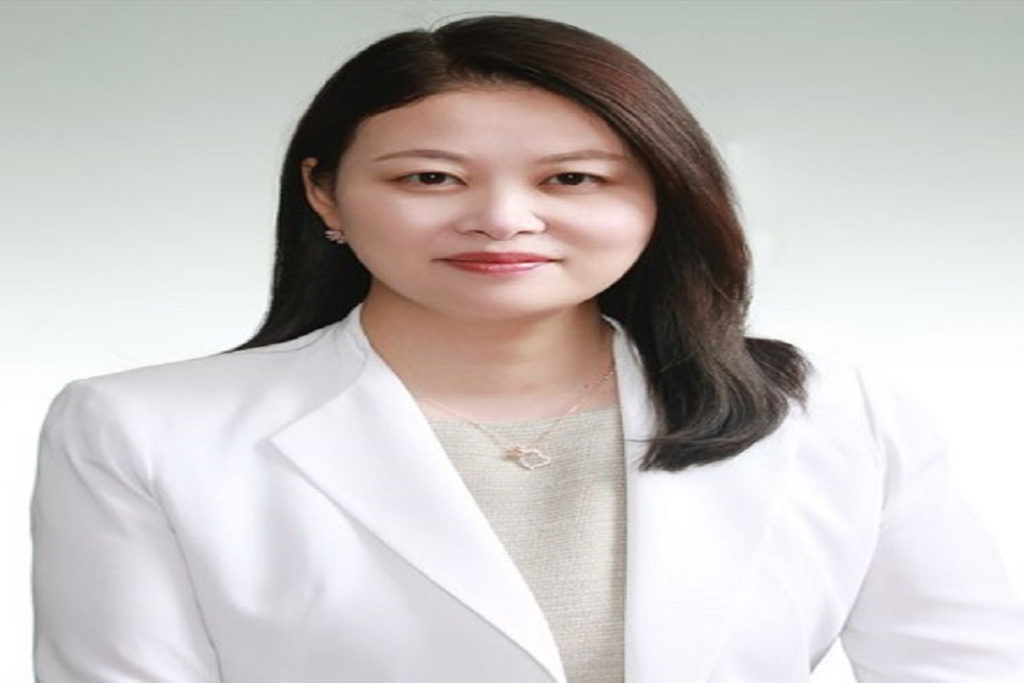
Min Hee Cho
Panel Marketing interactive Co., LTD.

